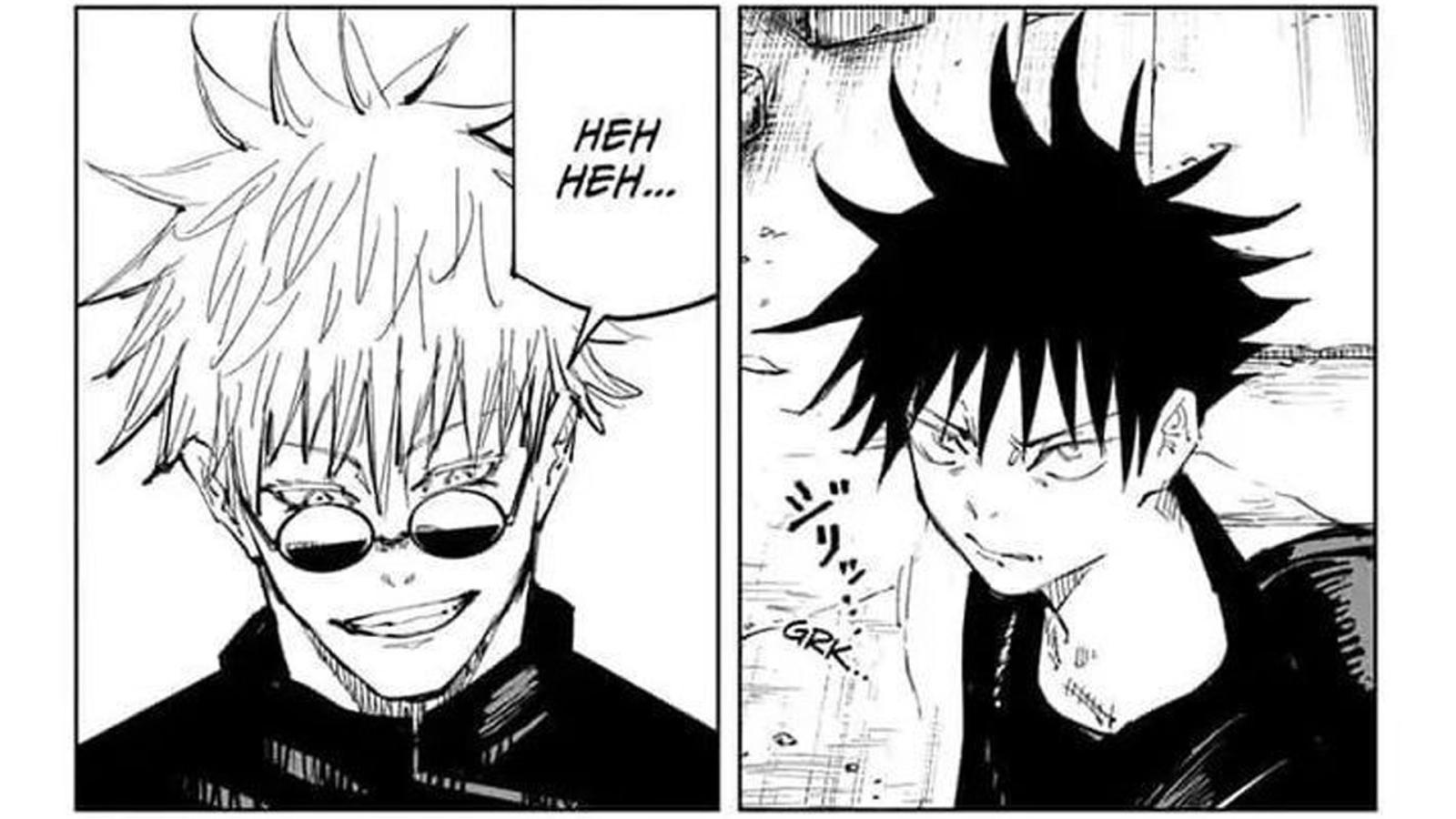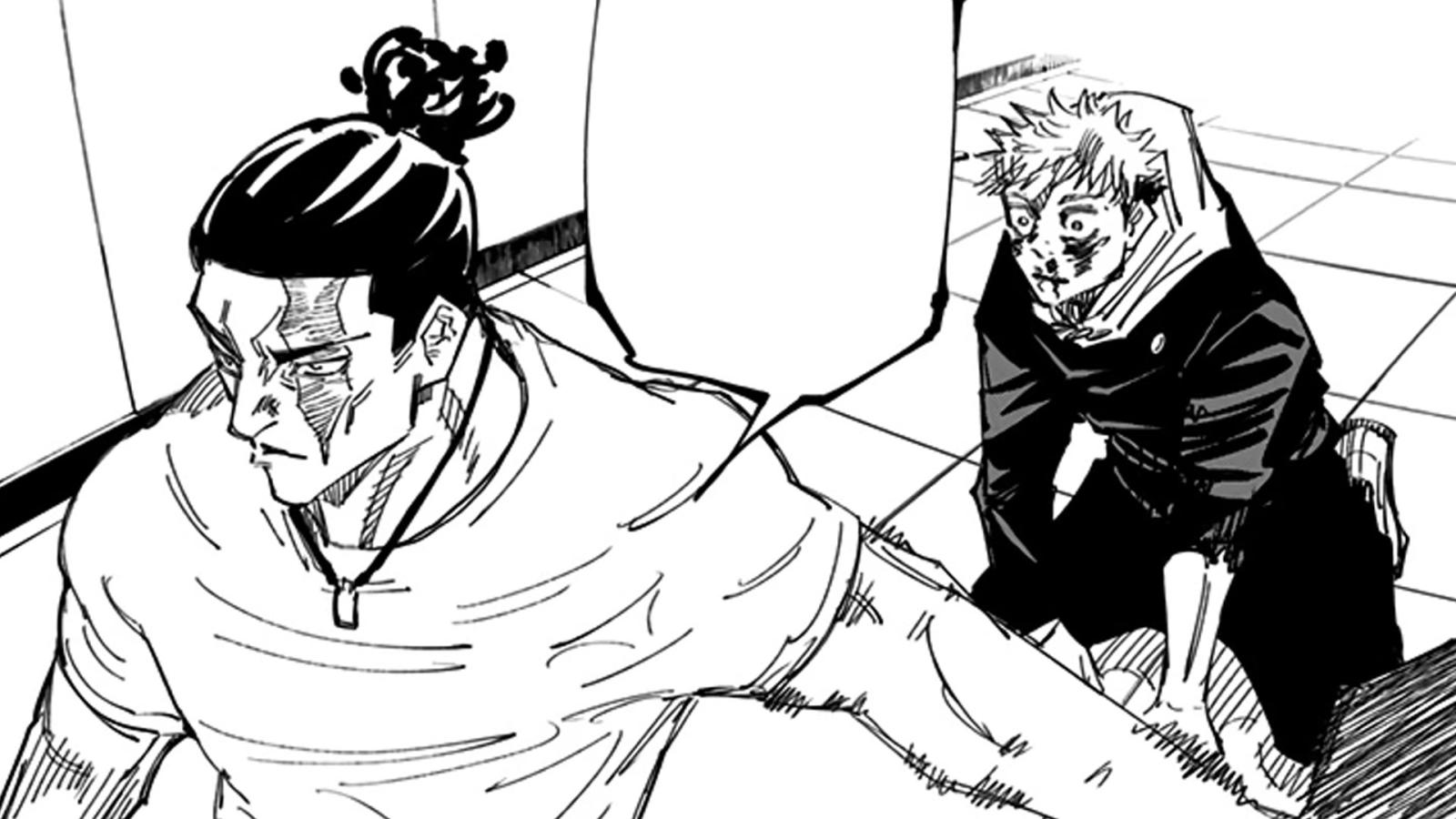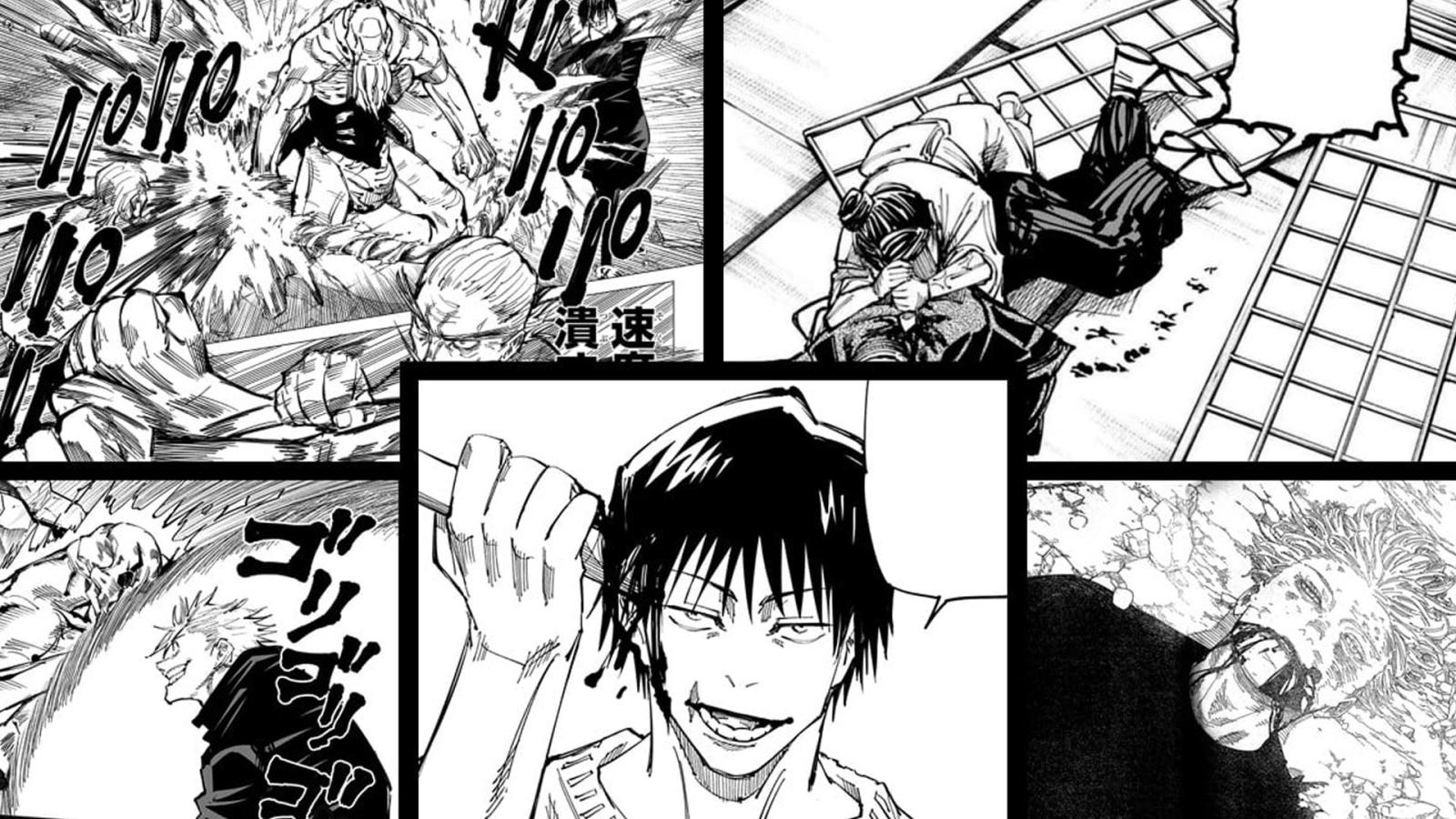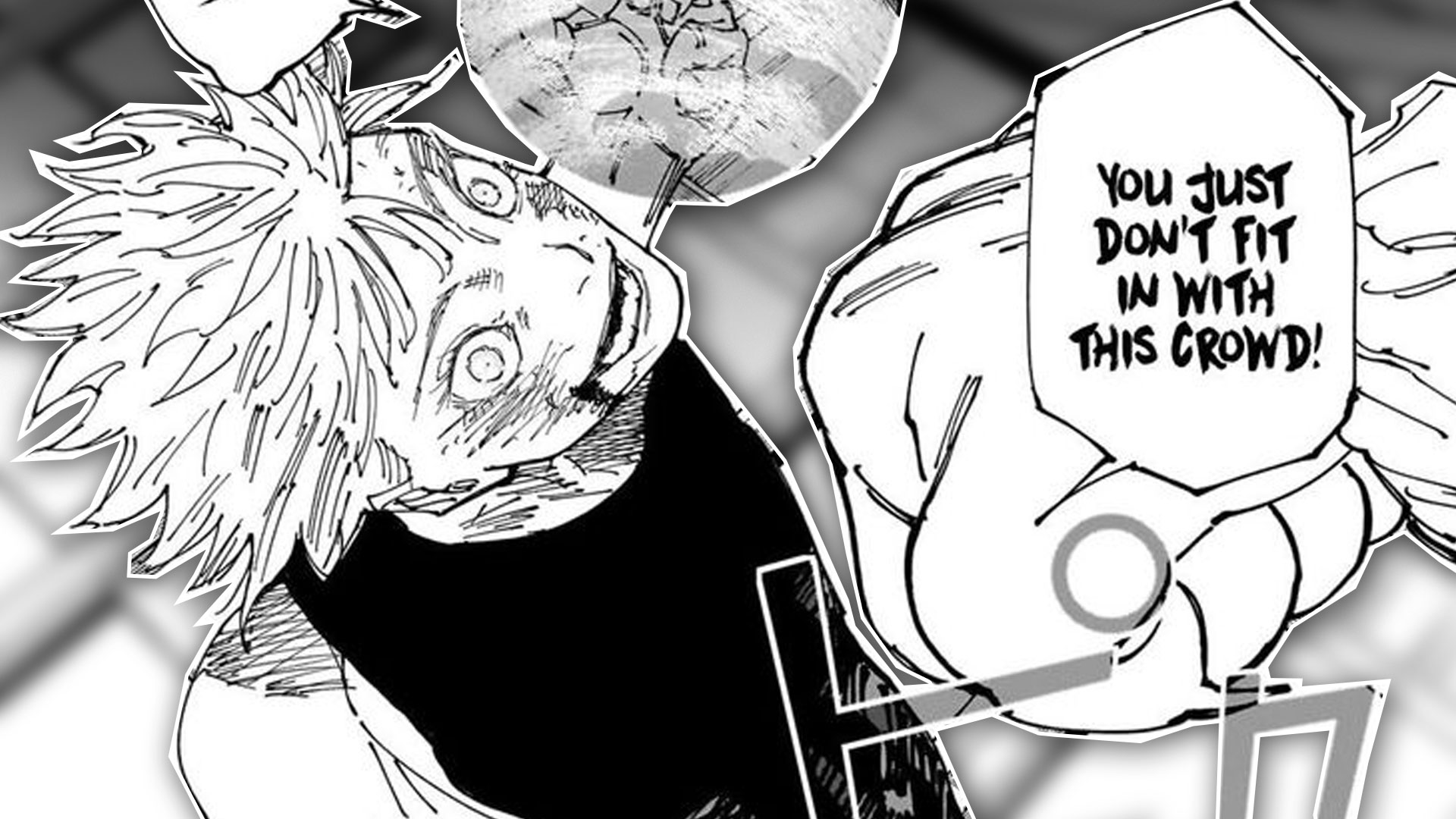It’s almost like everyone who isn’t important to the plot anymore will die.
Spoilers ahead!
Summary:
- Fans aren’t liking the current arc of JJK manga, but the issues stem from Gege’s style, which hasn’t changed since the beginning.
- Most of the characters who served their purpose in the story will die after that.
- Fans can’t agree if it makes the series more or less realistic.
After Chapter 254 of the Jujutsu Kaisen manga, many fans felt they were done with the series. Yet another fight where a character presumably dies against Sukuna — how many more fan favorites do we have to lose?
However, if you think about it, this is nothing new for JJK — in fact, Gege’s writing style has always been very pragmatism-oriented.
Most of the problems fans have with Jujutsu Kaisen at this point actually come from Gege’s approach to character writing, which hasn’t changed. Many character deaths could be expected from the very start. This doesn’t invalidate the complaints, of course, but this is very much in Gege’s style.
Gege’s character writing is very utilitarian

Gege Akutami’s approach to character writing is actually quite unusual for battle shounen. In many other series, once a character has served their narrative purpose, their role slowly phases out of the story. The character, however, keeps appearing in minor scenes and might eventually be brought up again.
Gege, however, doesn’t do that exactly. Once a character has served their purpose, they’re probably going to disappear from the story completely. Combined with the world of jujutsu sorcerers being cruel and unforgiving, this results in pretty much every character who doesn’t influence the story in a major way being killed off brutally.
Not every character dies

There are, of course, exceptions from this. Nobara’s death was notoriously ambiguous. Some fans still believe she will somehow come back, though most are not that optimistic.
Another example is Todo, who didn’t actually die in the Shibuya Incident Arc — he just lost his powers (along with his left hand). Many fans are wondering what happened to him — though, if Gege’s style stays consistent, he’s probably not making a comeback.
Does this make the manga more realistic?

Fans are actually torn on whether this style makes the manga more or less realistic. On one hand, it leads to many character deaths, which is actually quite realistic if you think about it. Anyone can die, especially after making a mistake or underestimating their opponent.
Others think this makes the manga harder to read as it’s nearly impossible to get attached to the characters after you figure out what Gege is doing. They’re all going to die anyway, and many of these deaths will feel pointless — and, in some cases, unrealistic (Satoru Gojo was really too strong and should not have lost).
Perhaps Gege is trying too hard to kill off his characters.

